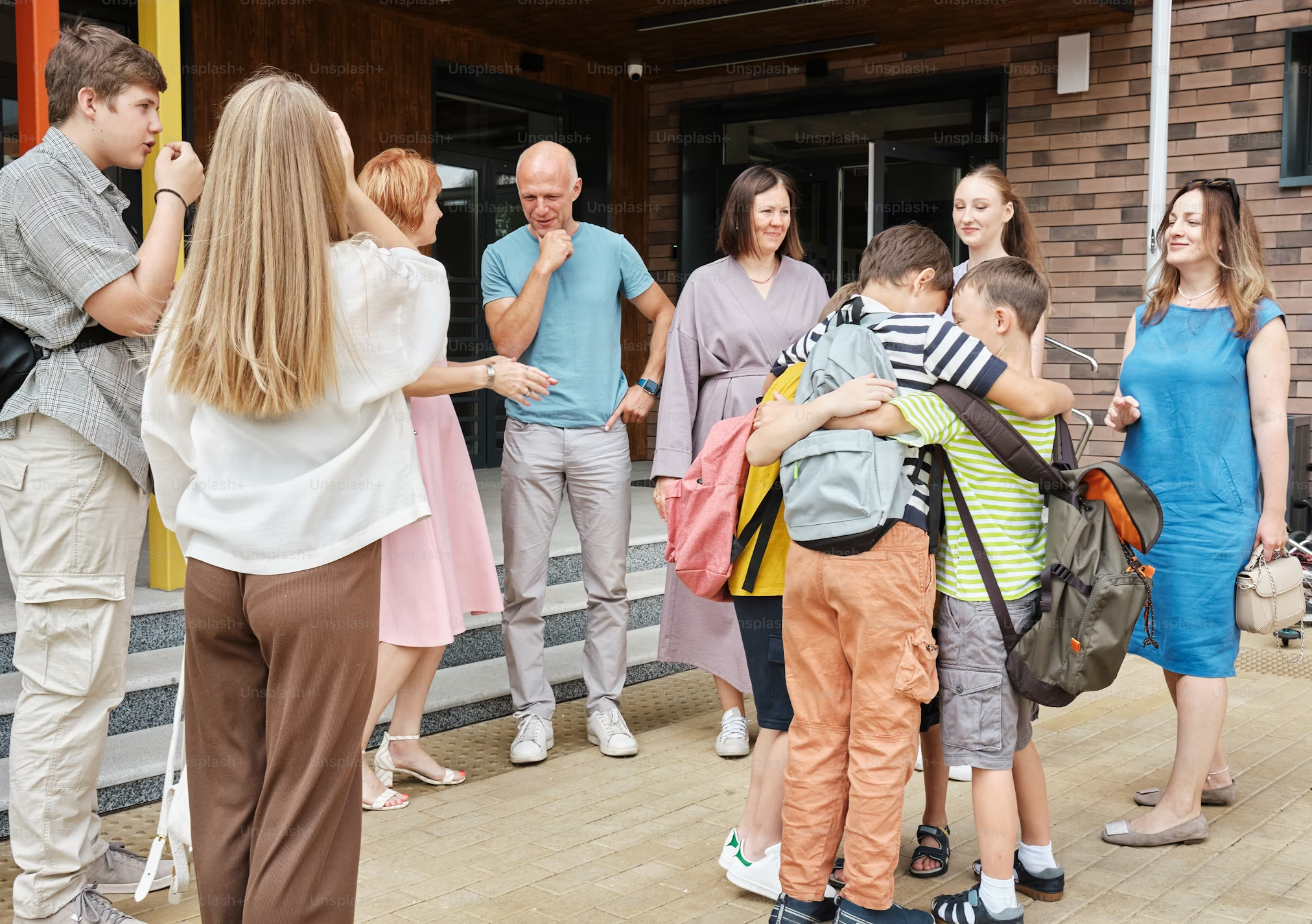
Table of Contents
As a teacher and a coach of a Vex Robotics Team, I’ve witnessed firsthand the transformative power of parental involvement in both academic achievement and personal development of students. Today, I want to share with you my personal experiences and empirical evidence that underscores the importance of this partnership.
The Impact of Parental Support
The experience of being a coach of our Vex Robotics Team was nothing short of remarkable. It was a period characterized by intense learning, creativity, and innovation. However, what stood out the most was the overwhelming support from the parents. Their involvement ranged from logistical support, and mentoring (all of our parents coached to some degree and one of our parents was officially named as a coach), to emotional encouragement, creating an environment where students felt empowered to explore, fail, and succeed.
This experience aligns with many studies highlighting parental involvement’s positive impact on student achievement and well-being. One such study, conducted by Henderson and Mapp (2002), found a consistent and positive correlation between family involvement and student success, regardless of the family’s socioeconomic status. Their comprehensive review revealed that when parents are actively engaged in their children’s education, it leads to higher academic achievement, improved behavior, and enhanced social skills.
The Power of Engagement
Parental engagement takes various forms, from helping with homework to participating in school events like our robotics club. It’s the proactive interest and participation in their child’s education that truly makes the difference. This engagement sends a powerful message to students – that their educational journey is a shared priority, and they’re not alone in it. It fosters a sense of belonging and community, crucial for emotional and social well-being.
Bridging the Gap Through Collaboration
The success of our Vex Robotics Team was not solely due to the technical skills learned but also the life lessons in collaboration, perseverance, and problem-solving. These are the outcomes of a collective effort where parents play an indispensable role. Their involvement bridges the gap between classroom learning and real-world application, making education a holistic experience.
Call to Action
As educators, we have the unique opportunity to cultivate this partnership with parents. Communication is key – keeping parents informed and involved in their child’s education and recognizing their contributions. Schools can facilitate this by organizing workshops, parent-teacher meetings, and involving parents in decision-making processes.
Conclusion
The journey of education is a collaborative effort, where the roles of teachers and parents intersect to provide a nurturing environment for our students to thrive. The evidence is clear – parental involvement is beneficial and essential for student success. As we move forward, let us embrace this partnership, for it is together that we can pave the way for our students’ bright futures.
In closing, I invite you to reflect on the words of Helen Keller, “Alone we can do so little; together we can do so much.” Let’s commit to fostering an educational ecosystem where every stakeholder, especially parents, feels valued and motivated to contribute to our collective goal – the holistic development of our students.
Sources:
Henderson, A.T., & Mapp, K.L. (2002). A New Wave of Evidence: The Impact of School, Family, and Community Connections on Student Achievement. Austin, TX: National Center for Family & Community Connections with Schools, Southwest Educational Development Laboratory.
Keller, Helen. The Story of My Life. New York: Doubleday, Page & Company, 1903.

